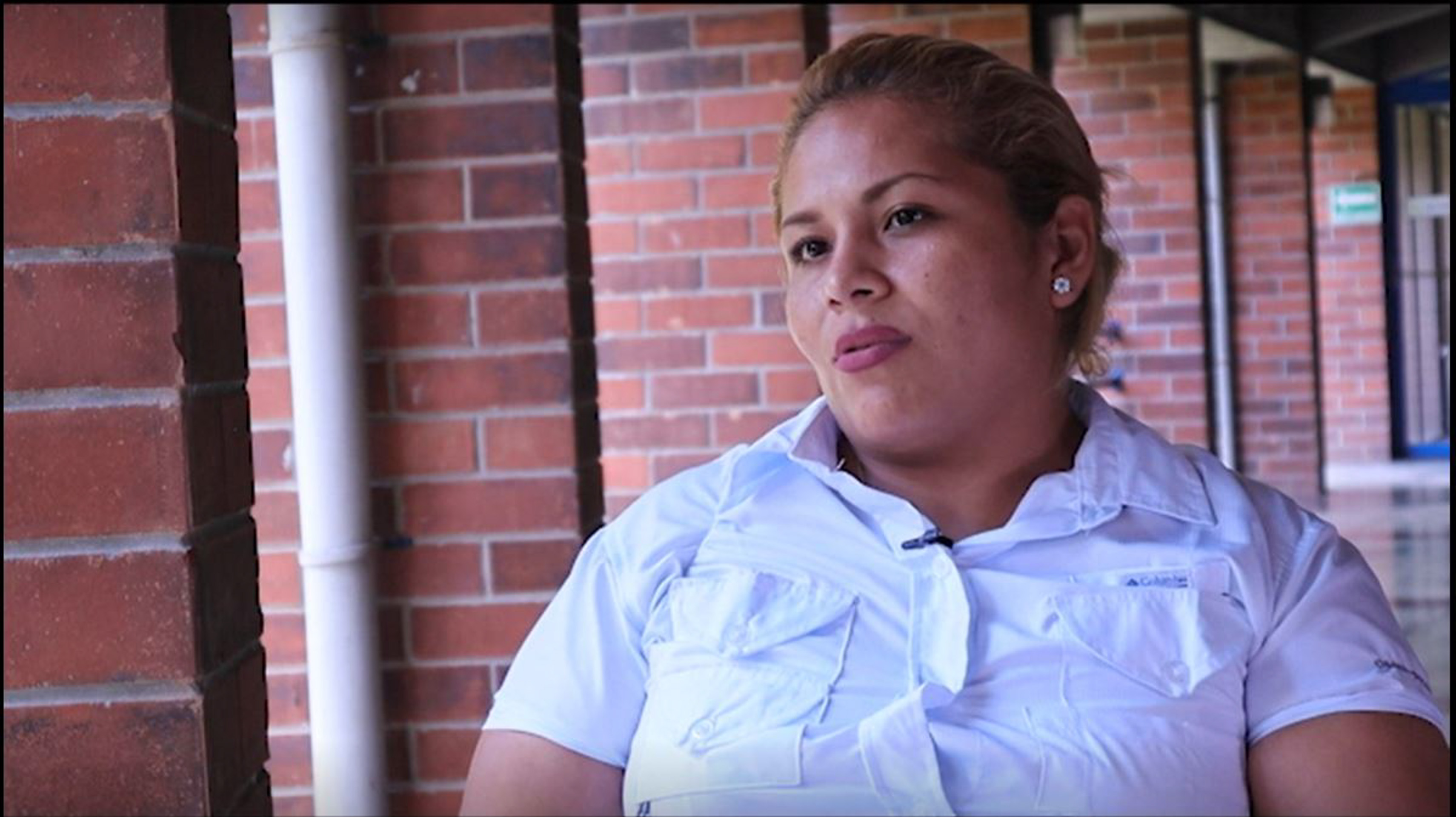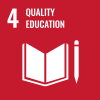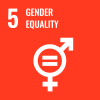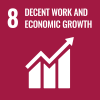El Salvador, 7 March 2023 – “I was terribly afraid of computers,” recalls Alicia, a migrant who returned to her home country, El Salvador. She is part of a group of migrant women who, upon coming back home to the Central American nation, participated in a training on office automation software and life skills to strengthen their opportunities to find a job.
“Now that I have learned computer skills, I feel like I can go to work,” says Alicia. “Personally, it has helped me with my children because the older one can already use the computer, and that's because I taught him.”

After undertaking this training, Alicia was able to teach her children how to use a computer too. Photo: IOM/Ana Javier
While these training and support processes are aimed at strengthening women's knowledge and skills, the participants themselves make it clear that beyond that, these workshops allow them to help their children in school.
“My plan is to keep growing as a person and be able to go to university,” Alicia said. “I tell my children that even though my mother couldn't give me what she would have hoped for, I'm giving it to them, and I tell them to be my example. That it's never too late to start from scratch.”
Doña Cecy, as her group colleagues call her, is a 41-year-old woman who also participated in the office automation workshop and recently completed the financial education course.
Currently, Doña Cecy has a traditional Salvadoran pastry business, with quesadillas being her specialty. For her, the financial education workshops were very helpful because they provided her with knowledge about saving, investments, and business models.

Beyond computer skills, returnee migrant women in El Salvador were also trained on how to develop their own business. Photo: IOM/Ana Javier
"For example, I learned about saving tools and how to differentiate a good investment from an unnecessary one," said Doña Cecy. "So, these workshops are very useful to me, and I know I will put it into practice with my family, with my daughters, instilling in them the importance of financial education in life."
This initiative is part of the regional project "Promoting social inclusion of migrant women in public policies in Central America and the Dominican Republic: prevention of gender-based violence", founded by the Grand Duchy of Luxembourg.

These migrant women shared their own experiences leaving, returning, and trying to find a livelihood. This personal approach enriched the workshops. Photo: IOM/Ana Javier
The project also considers the care work of these women, which is why childcare of their sons and daughters is provided while they are participating in the courses.
"Since they provide me with this support, I hired a sitter to take care of my daughters. I now have time to keep training. So, to me, getting up early doesn't matter. What matters to me is to keep moving forward and learn more," says Doña Cecy.
The project also has partnerships with companies that can provide internship opportunities, as well as seed capital for those who wish to start their own businesses, such as Alicia and Doña Cecy.

Doña Cecy, as she was called by her colleagues, has a traditional Salvadoran pastry business. She will use the skills she learned to improve it. Photo: IOM/Ana Javier
Alicia's story is a testament to the potential that migrant women bring to their own development and that of their families. Through these initiatives, migrant women like Alicia and Doña Cecy begin breaking down barriers and realize their full potential as agents of change in their communities.




